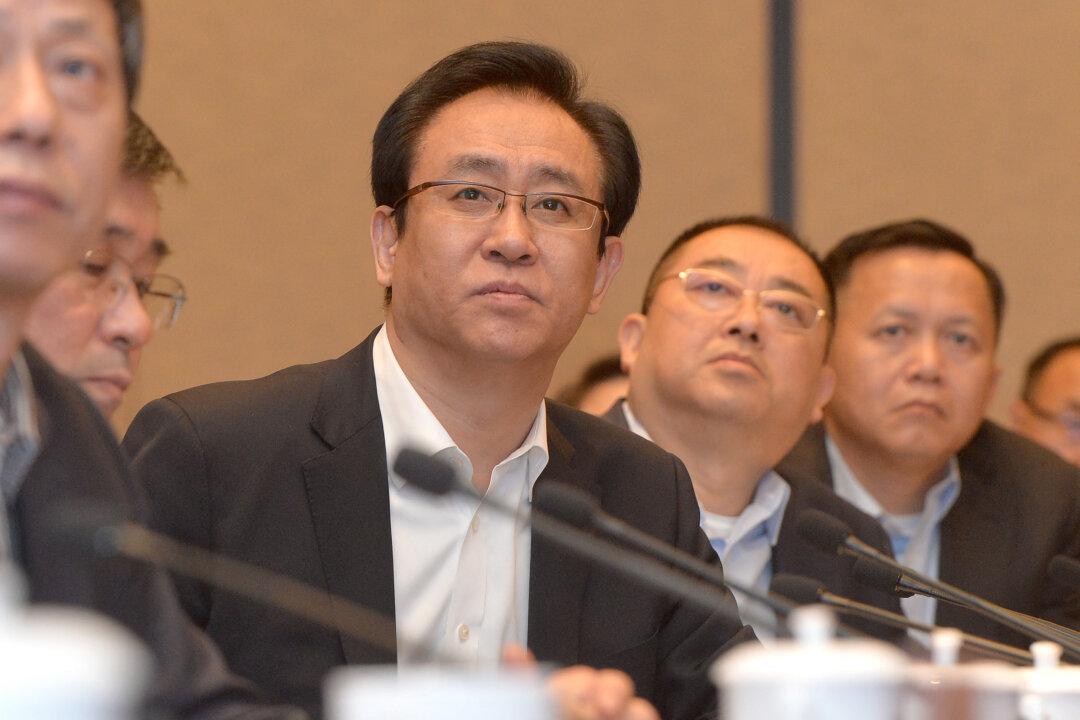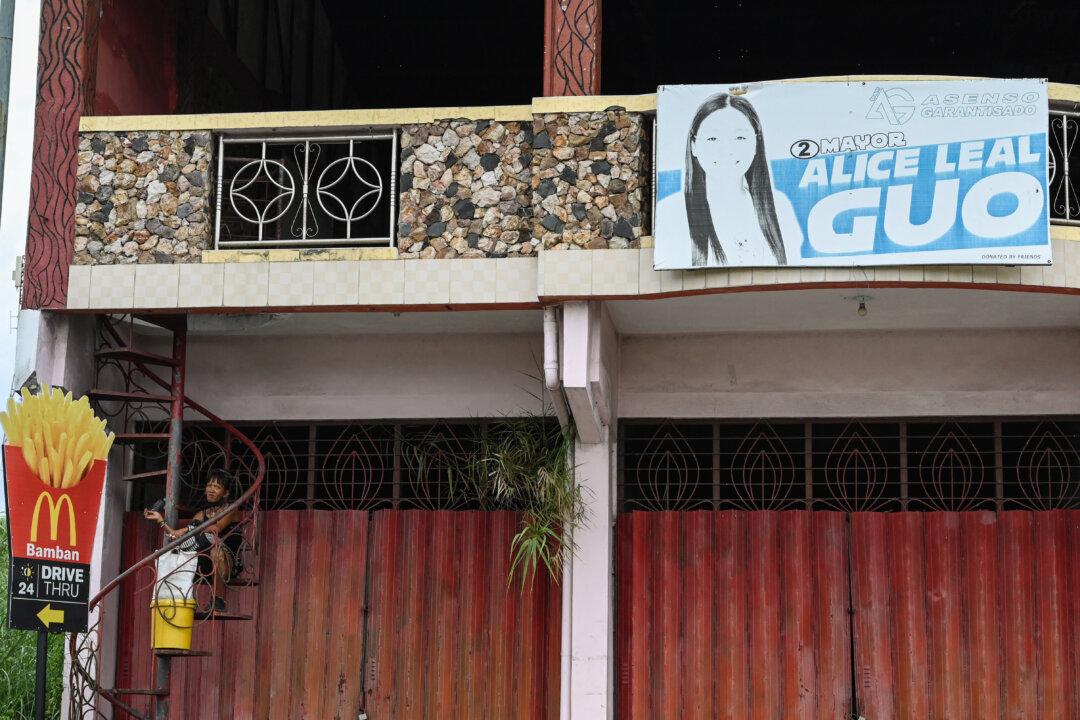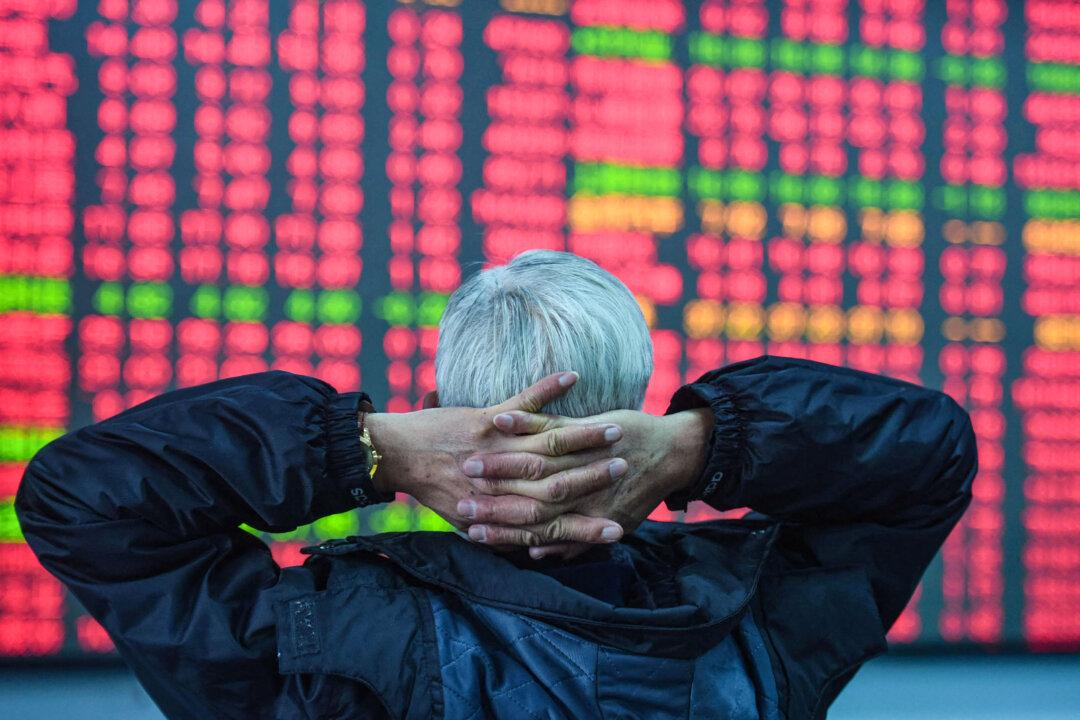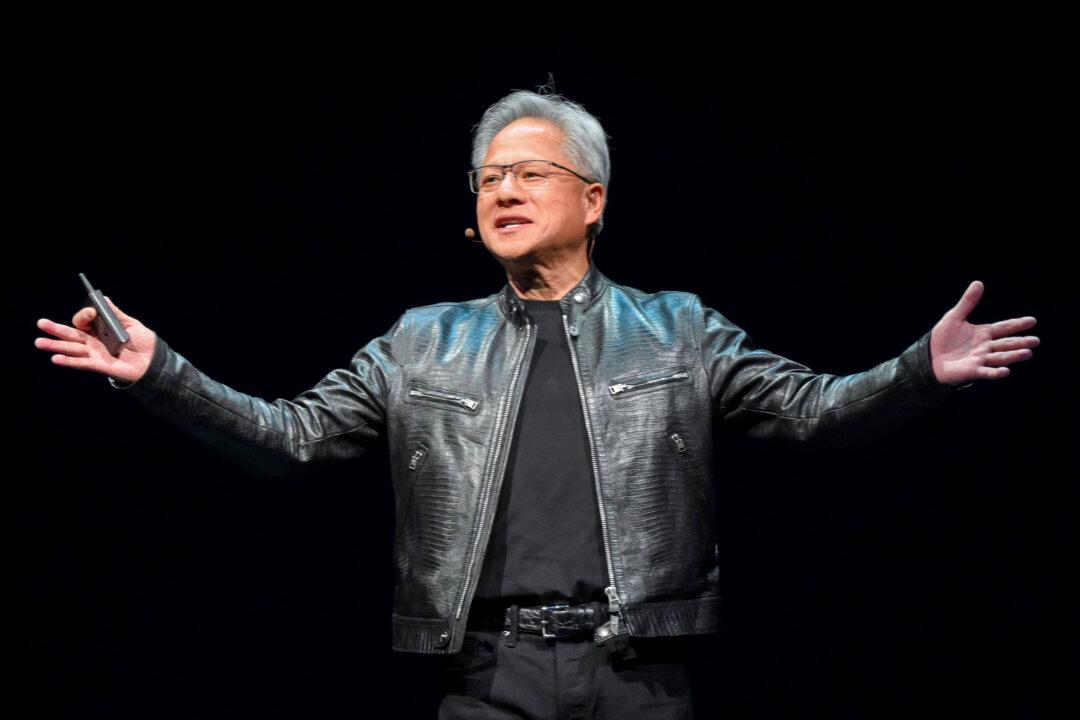Hui Ka Yan, the chairman of China’s Evergrande Group, was taken by Chinese police in early September and is reportedly being monitored at a “designated” location, reported Bloomberg. Around that time, the billionaire was filing for bankruptcy for his company through a court in the United States.
Mr. Hui—whose name in Mandarin Chinese is Xu Jiayin—was also reportedly transferring his family’s assets overseas during this time in moves allegedly involving his ex-wife, Ding Yumei. Meanwhile, his son Peter Hui has also been arrested, as have other Evergrande executives.




